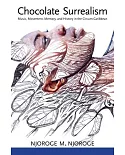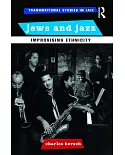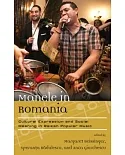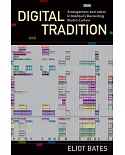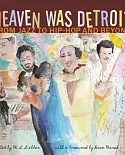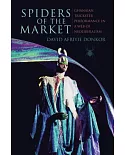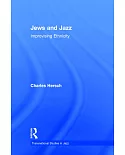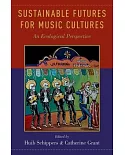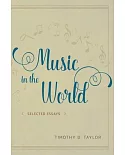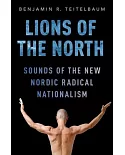The complex notion of rasa, as understood by Javanese musicians, refers to a combination of various qualities, including: taste, feeling, affect, mood, sense, inner meaning, a faculty
of knowing intuitively, and deep understanding. This leaves us with a number of questions: how is rasa expressed musically? Who or what hasrasa, and what sorts of musical,
psychological, perceptual, and sociological distinctions enter into this determination? How is the vocabulary ofrasa structured, and what does this tell us about traditional Javanese
music and aesthetics?
In this first book on the subject, Rasa provides an entry into Javanese music as it is conceived by the people who know the tradition best: the musicians themselves. In one of the most
thorough explorations of local aesthetics to date, author Marc Benamou argues that musical meaning is above all connotative - hence, not only learned, but learnable. Following several years
performing and researching Javanese music in the regional and national cultural center of Solo, Indonesia, Benamou untangles the many meanings of rasa as an aesthetic criterion in Javanese
music, particularly in court and court-derived gamelan traditions. While acknowledging that certain universal psychological tendencies may inspire parallel interpretations of musical
meaning,Rasa demonstrates just how culturally specific such accrued, shared meanings can be.



